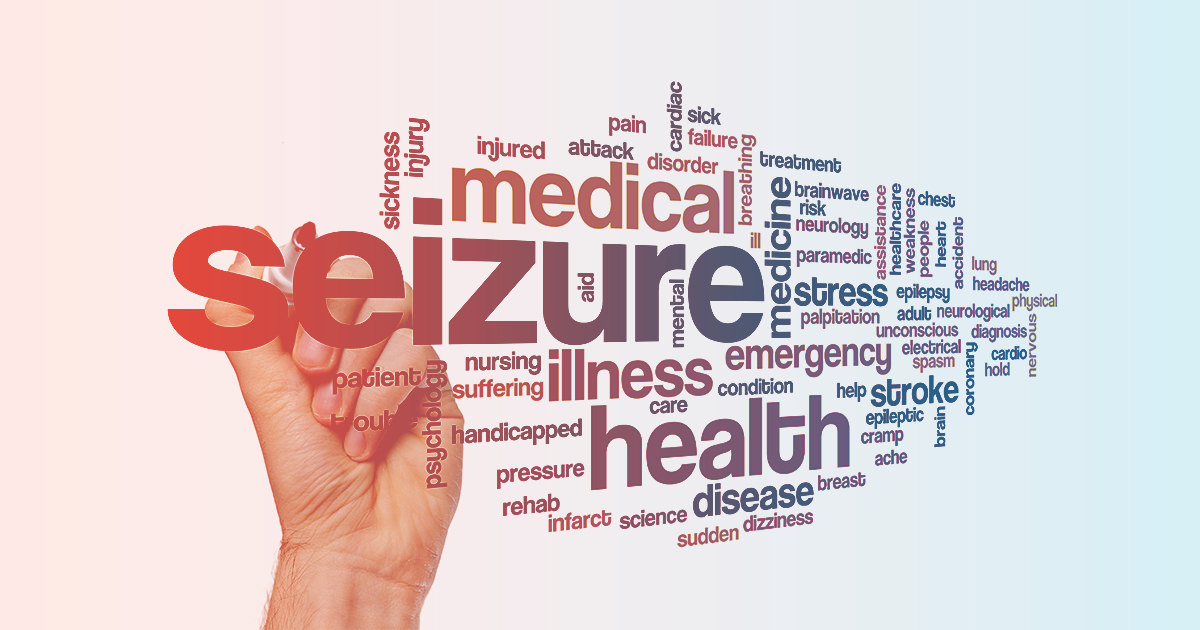
Epilepsy is a neurological disorder characterized by recurrent, unprovoked seizures. Seizures are caused by abnormal electrical activity in the brain, leading to various symptoms ranging from mild confusion to loss of consciousness and convulsions. There are different types of epilepsy, each with its own set of characteristics, triggers, and treatment approaches. Understanding these types is crucial for proper diagnosis, management, and support for individuals living with epilepsy.
1. Generalized Seizures: Generalized seizures involve abnormal electrical activity that affects the entire brain from the outset. They can be further categorized into several subtypes:
a. Absence Seizures: Also known as petit mal seizures, absence seizures typically manifest as brief episodes of staring into space or subtle body movements such as eye blinking or lip-smacking. The person may appear momentarily disconnected from their surroundings.
b. Tonic-Clonic Seizures: Formerly called grand mal seizures, these are perhaps the most widely recognized type of seizure. They involve loss of consciousness, stiffening of muscles (tonic phase), followed by rhythmic jerking of limbs (clonic phase). Tonic-clonic seizures are often associated with convulsions and can be frightening for both the person experiencing them and bystanders.
2. Myoclonic Seizures: Myoclonic seizures are characterized by sudden, brief muscle jerks that may affect a specific muscle group or the entire body. These jerks can be mistaken for sudden muscle twitches.
3. Atonic Seizures: Atonic seizures, also known as drop attacks, involve a sudden loss of muscle tone, causing the person to collapse or fall. This type of seizure can increase the risk of injuries.
4. Focal (Partial) Seizures: Focal seizures originate in a specific area of the brain and can be further divided into two categories based on their effect on consciousness:
a. Simple Focal Seizures: In simple focal seizures, the person remains conscious and aware during the seizure. They may experience unusual sensations, emotions, or movements localized to one part of the body.
b. Complex Focal Seizures: Complex focal seizures, on the other hand, impair consciousness and awareness. The person may exhibit repetitive movements, gestures, or engage in automatic behaviors such as lip-smacking or hand rubbing. After the seizure, they may have no memory of the event.
5. Other Types of Seizures:
a. Febrile Seizures: Febrile seizures occur in young children during febrile illnesses, such as high fevers. They are typically brief and may involve twitching or convulsions. While frightening for parents, febrile seizures usually do not cause long-term harm.
b. Reflex Seizures: Reflex seizures are triggered by specific stimuli or activities, such as flashing lights (photosensitive epilepsy) or certain sounds. Avoiding these triggers can help prevent seizures in susceptible individuals.
Syndromes and Special Considerations
Lennox-Gastaut Syndrome: This severe form of epilepsy typically begins in childhood and is characterized by multiple seizure types, developmental delays, and intellectual disabilities.
Dravet Syndrome: Dravet syndrome is a rare genetic disorder that causes severe seizures, developmental delays, and other neurological problems. It usually begins in infancy.
Epilepsy with Myoclonic-Absences: This syndrome involves a combination of myoclonic and absence seizures and may occur in children or adolescents.
Epilepsy is a diverse and complex disorder encompassing various seizure types, syndromes, and underlying causes. Effective management often requires a tailored approach based on the specific type of epilepsy, individual medical history, and lifestyle factors. With advances in research and treatment options, many individuals with epilepsy can lead fulfilling lives with proper diagnosis, medication, lifestyle modifications, and support from healthcare professionals and loved ones. Increased awareness and understanding of epilepsy and its different types are crucial for reducing stigma, promoting early detection, and improving the quality of life for those affected by this condition.
Shinon Healthcare, with its dedication to providing resources, education, and advocacy, stands as a beacon of hope for those affected by epilepsy. By fostering collaborations between healthcare providers, organizations, and communities, we create an environment where access to comprehensive care is enhanced, and individuals with epilepsy are empowered to flourish despite the hurdles they may encounter. Together, through our collective efforts, we can cultivate a more compassionate and understanding society—one that embraces and supports everyone impacted by epilepsy.